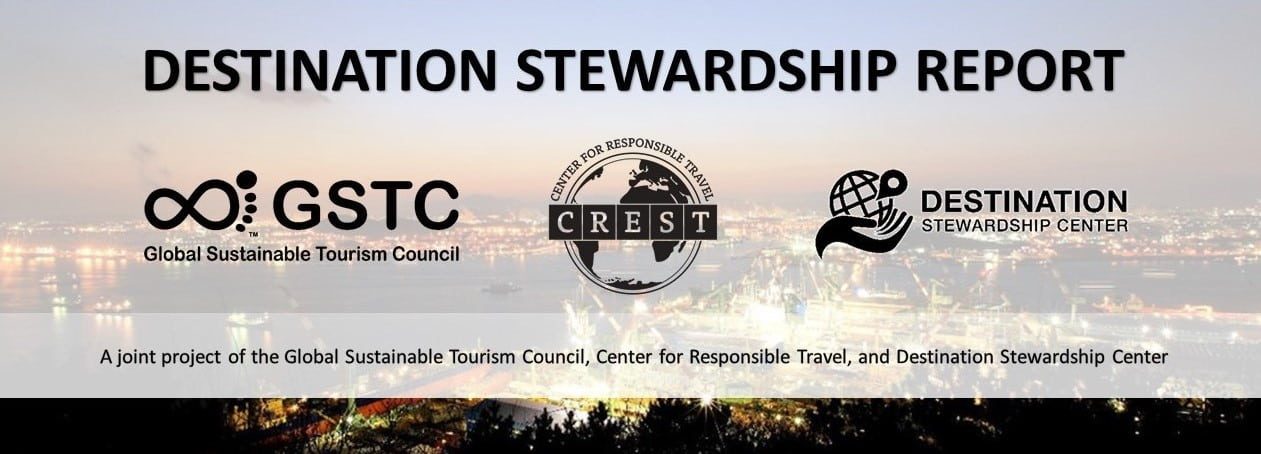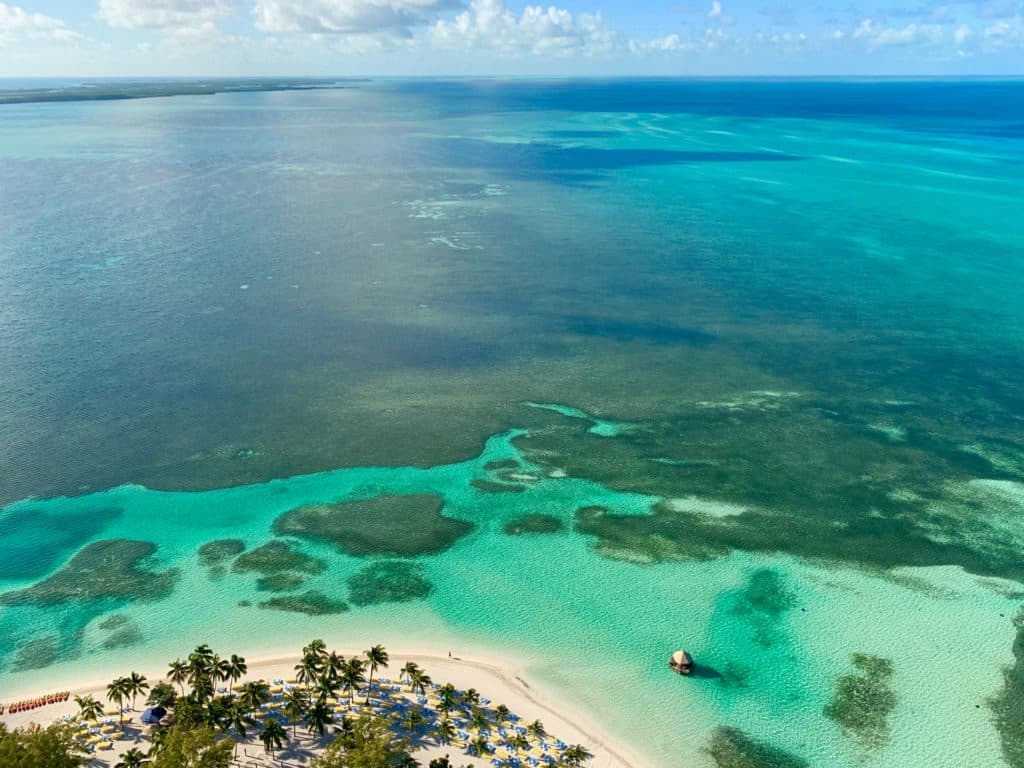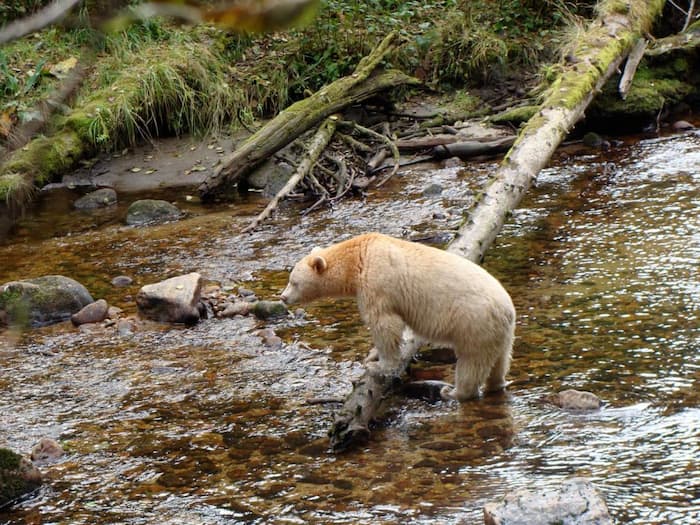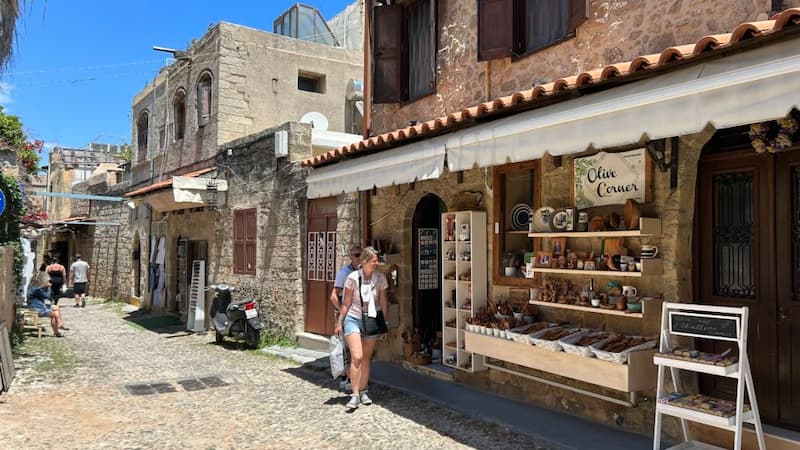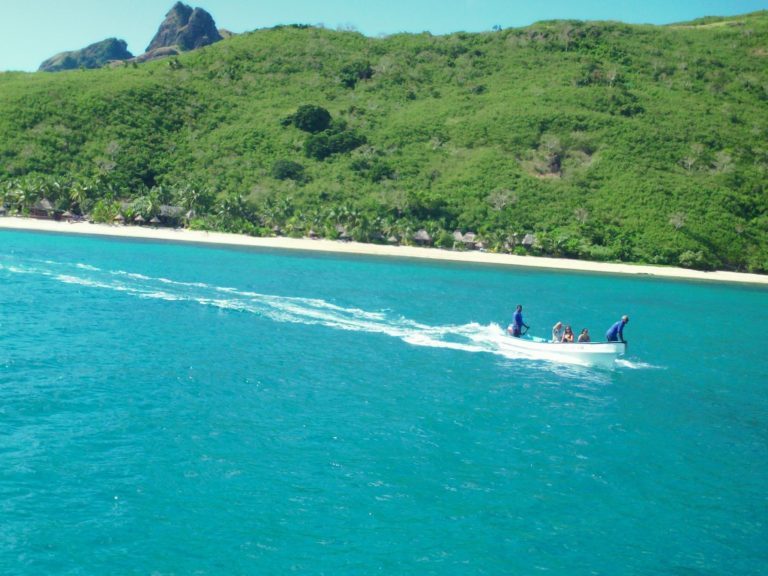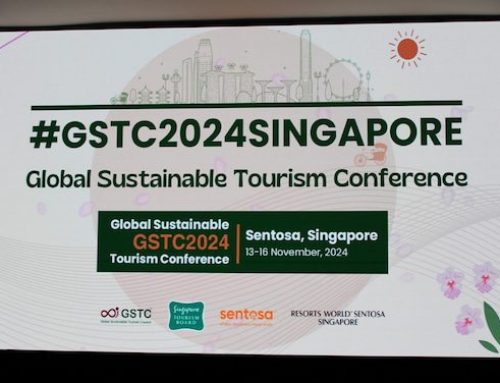Destination Stewardship Report
Summer 2023 May-August (Volume 4, Issue 1)
The Destination Stewardship Report is a collaboration between the Destination Stewardship Center, Center for Responsible Travel, and Global Sustainable Tourism Council. Our goal is to provide practical information and insights useful to anyone whose work or interests involve improving destination stewardship in a post-pandemic world. Subscribe HERE.
The Bahamas Destination Stewardship Initiative: A Conversation
The Bahamas Family Islands have created not one but four destination stewardship councils and consistent communication, collaboration, and community engagement has been the key to their success. In 2023, the Bahamas Destination Stewardship Initiative won the Caribbean Tourism Organization’s Destination Stewardship Award. GSTC Program Director Kathleen Pittman discusses the initiative with Janel Campbell, Senior Project Manager at The Bahamas Ministry of Tourism.
Why is destination stewardship so important to the Ministry of Tourism and communities in The Bahamas?
The COVID-19 tourism stoppage hit local communities especially hard. The Ministry of Tourism has long prioritized empowering communities to take a greater leadership role in the development and management of tourism… READ MORE →
Indigenous Guardian Programs as a Destination Stewardship Tool
Indigenous Guardian Programs in the Great Bear Rainforest and Haida Gwaii of British Columbia are emerging as powerful tools for destination stewardship. Developed by local Indigenous communities, these Guardian Watchmen programs play a critical role in protecting and managing traditional territories, preserving cultural heritage, and fostering a thriving conservation economy. Mike Robbins tells us more.
Indigenous Guardian Programs as a Destination Stewardship Tool
The first time I experienced Coastal Guardian Watchmen on the BC coast was back in 2009 on a trip to an ancient village site and hot springs in Haida Gwaii. The local Guardians took turns living in the small remote Guardian cabin at Gandll K’in Gwaay.yaay (Hotspring Island). These Guardians were there to protect the site and cultural… READ MORE →
Preserving the Personality of Place: The Importance of Cultural Heritage
City historic centers often do well at preserving their historic structures but often falter when it comes to cultural preservation. Heritage expert Cheryl Hargrove reports from the Greek island of Rhodes and offers seven tips on how destinations can retain cultural sense of place.
[Shortly after Ms Hargove’s visit, Rhodes suffered catastrophic fires on parts of the island. The old town was not directly affected, but as she notes, “there will be impacts from resort loss, agricultural loss, and community devastation – [a] long tail of recovery.” This renders all the more important her points about preserving culture in the following story.]
Old Town Rhodes – Bones Alone Do Not a Living City Make
After my husband and I spent a day in Rhodes in 2021, we loved it, so we decided to come back for a month two years later. We had high hopes of learning more about Greek food and wine, traditions, and life and gaining a deeper understanding of the history and culture of this ancient island… READ MORE →
Resistance to mega-tourism is rising in the South Pacific – but will governments put words into action?
As mega-tourism’s negative impacts on the South Pacific region become increasingly evident, resistance is on the rise among local communities. However, the crucial question remains: will governments take decisive action to address these concerns and protect the unique environments and cultures of the South Pacific islands? A thought-provoking article delves into the growing tensions between the tourism industry’s expansion and the urgent need for sustainable, community-centered solutions. This article, written by Apisalome Movono and Regina Scheyvens, was originally published in The Conversation.
With COVID-19 travel restrictions largely a thing of the past for Australian and New Zealand tourists, Pacific destinations are enjoying the return of visitors – albeit at a slower pace than in other parts of the world… READ MORE →
Two Winners from the Top 100
Every year, Green Destinations organizes the Top 100 Destination Sustainability Stories competition, which invites submissions from around the world – a vetted collection of stories spotlighting local and regional destinations that are making progress toward sustainable management of tourism and its impacts. From the winners announced this year, we’ve selected two more stories, this time from Brazil and Kyrgyzstan, that showcase different reasons for engaging the local community. Synopses by Ailin Fei & Devika McWalters.
Redefining Tradition: How Diamantina’s Carnival Embraced Change
Top 100 submission by Camila Guedes – Tourism Board / Municipal Secretary of Tourism / Diamantina City Hall.
Embracing tradition and adapting to change
For decades, people have celebrated Diamantina’s carnival as a popular celebration. However, in recent years, the carnival has evolved into a mass tourism event. Diamantina is a Brazilian municipality in the state of Minas Gerais with an estimated population of 47,825 people (2020 census). Diamantina’s carnival highlights cultural heritage with the potential to set… READ MORE →
Using Handicrafts and Cultural Tourism to Alleviate Poverty in Kyrgyzstan
Top 100 submission by Imanaly Turkbaev, Project Manager, the Swiss Small Business and Income Creation Programme Bai Alai Program.
Supporting Women Through Community-Based Tourism
Although the mountainous valleys of Alay (or Alai) in southwest Kyrgyzstan had been attracting alpinists from around the world for mountaineering and trekking, tourism and cultural experiences in the picturesque community were largely untapped. To diversify the subsistence-based agricultural district and to alleviate widespread poverty…READ MORE →
Bookshelf
Megan Lawson, PhD and Kris Smith, PhD (2023). Amenity Trap: How high-amenity communities can avoid being loved to death, Headwaters Economics. Practical guidance for managers in any destination blessed by natural attractions and cursed by too many tourists.
The Skift Travel Podcast. (2023). Rethinking Overtourism in the Post-Covid Era. “Michael J. O’Regan discusses his research on the concept of overtourism, which he believes is outdated as a term in the post-Covid era.” He calls for destinations to wake up and take destination stewardship seriously.
Joshi, S. (2022). Sustainable Tourism Supply Chain Management: Influences, Drivers, Strategies, and Performance. Springer International Publishing. Examines all aspects of sustainable supply chain management within the tourism industry, offering clear explanations of relevant concepts and closely scrutinizing the complexities of the tourism supply chain and its sustainability. A valuable source for practitioners and policymakers.
Mandić, A., Walia, S.K. (2023). The Routledge Handbook of Nature Based Tourism Development. Routledge. Systematic outlook of the phenomenon of nature-based tourism and critical perspectives on key concepts, policy, and practice. Includes new approaches toward visitor management and low-impact experience design, regenerative and transformative tourism, destination stewardship, and pro-environmental behavior.
Destination Monitor
Notable News on Stewardship Developments Around the World
➢ Hawaii Turns to Destination Stewardship | Star Advertiser
➢ Solve Overtourism By Favoring Local Things | Travel Weekly Crowds fixate on famous sites; so market the day-to-day instead.
➢ Galápagos Tourism Unsustainable | Atlantic
➢ Overtourism Returns to Greece Big Time | Guardian
➢ Amsterdam to Ban Cruise Ships | Smithsonian
➢ Lake Tahoe Adopts Destination Stewardship Plan | Mountain Democrat Creates the first stewardship council for the region.
➢ Travelers Can Combat Overtourism | Discoverer
➢ World Heritage Listings Bring Mixed Blessings | NY Times
DSC’s Destination Monitor and Travindy offer continuing selections of news stories.
Sponsored by:



Executive Editor – Jonathan B. Tourtellot
Managing Editor – Alix Collins
Illustrations Editor – Gabe Gerson
Scheduling, design & distribution – Tiffany Chan
Editorial assistance – Martha Mulokoshi, Paula Lewis,
Cindy Linnell, Devika McWalters, Ellen Estrada


